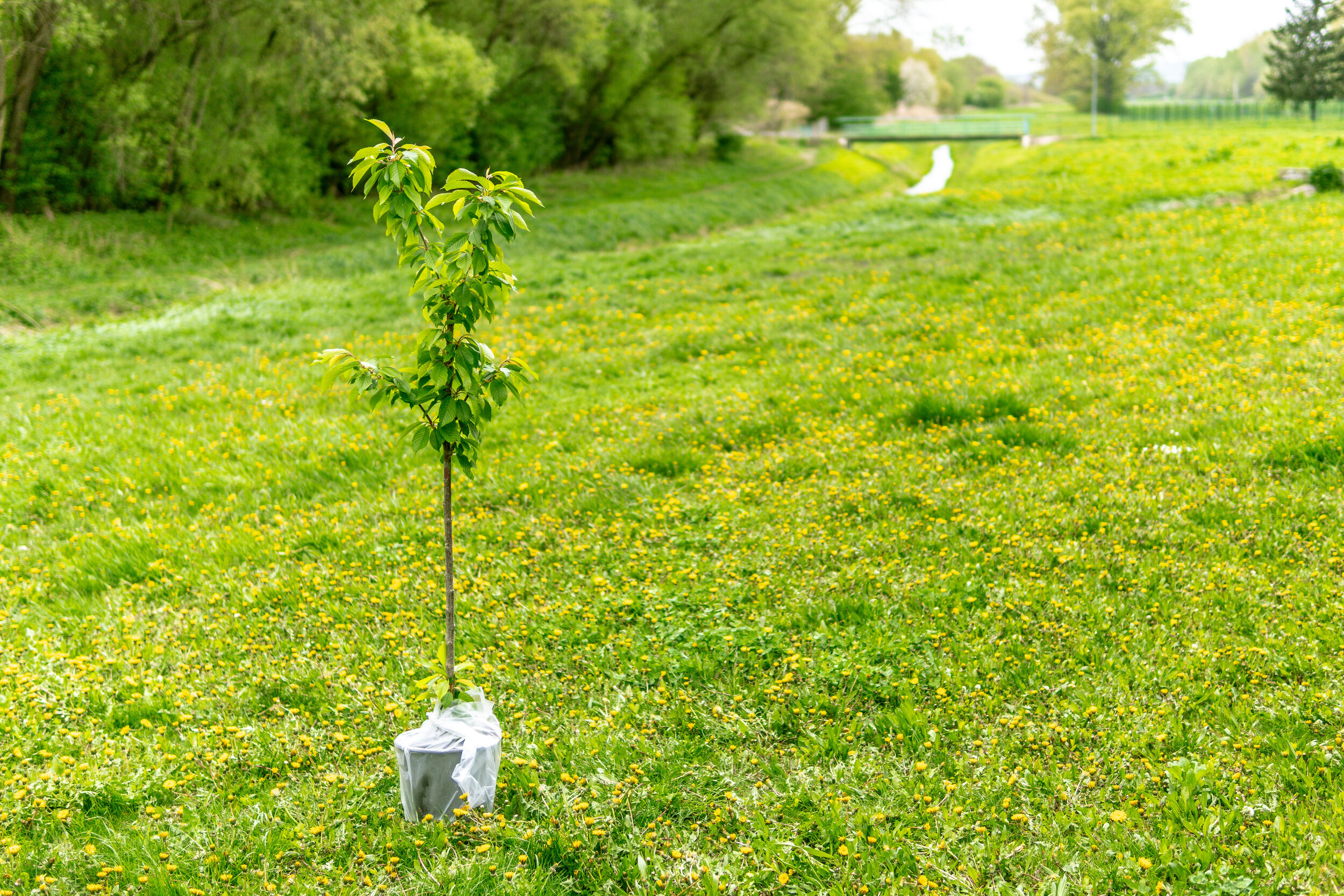Fall Gardening: What To Plant Now
Lettuce is a great fall crop as it matures quickly. Photo Credit: Ellas Morr @emorr
Just because the temperatures are starting to drop and the days are finally cooling down as summer slides into fall, doesn’t mean you have to let the garden die entirely after Labor Day. In fact, there are a number of vegetables that thrive in cooler weather. Fall is also a great time to plant flower bulbs to bloom in spring, perennials like pansies and trees and shrubs.
Planting in fall is easier on the gardener as well. The soil is warmer than in spring and allows for roots to grow until the first hard freeze. In spring, plants won’t begin to grow until the soil warms up, but if you plant in September the growing process will be automatically accelerated.
There are also fewer pests to worry about this late in the season and no need to fertilize your plants. Just note, if you do want to plant some cool weather hearty veggies, you need to do it now and hope Denver’s first hard frost waits about six weeks to give time for the vegetables to reach a harvestable size — or make plans to construct some type of cold protection box to survive our sometimes wacky seasons.
Fall veggies like carrots and radishes taste sweeter when harvested post frost. Photo Credit: Alexander Schimmeck @alschim
Cool Weather Veggies
This is a great time to plant veggies that really enjoy cool weather, in fact many root veggies like carrots and radishes taste sweeter when harvested after a frost. Veggies to plant include broccoli, spinach, swiss chard, brussels sprouts, carrots, cabbage, kale, radishes and rutibega. Leafy greens have a shorter maturity period, meaning you can put them in the soil later in the season and still get to fill your salad bowl with homemade bounty.
Since Colorado’s first hard freeze timing can vary each year, although it is usually in the second week of October, another option to keep your garden growing later into the fall is to build cold frames or floating row covers to protect your plants from frost damage while still allowing sunlight, water and air to penetrate. For more fall veggie growing tips, check out this Better Homes and Gardens post.
Pansies can overwinter in Colorado. Photo Credit: Terrance Raper @tkr92
Pansies
Fall is also a good time to plant pansies. These colorful flowers can usually survive a Denver winter in a dormant state, and planting them in September means you’ll get to see them bloom twice. Also planting in the warmer soil in fall usually ensures a more vibrant spring bloom.
You’ll want to get the pansies into the ground in the next week or so to ensure they are more established when the snow starts to fall. You’ll also want to look for hardy varieties of pansies. In general, Better Homes and Gardens says pansies with medium sized rather than large flowers overwinter better, but for more info check with your local garden center before purchasing.
Finally, to ensure the pansies survive winter make sure they have a good drainage system accessible, whether this is in a pot or the ground. The flowers are sensitive too over saturation, which can happen with a lot of snow. After the soil freezes, you’ll want to mulch the plants to help keep them from freezing and then thawing.
Fall is a good time to plant sapling trees. Photo Credit: George Bakos @georgebakos
Trees
Trees, shrubs and bushes also do well when planted in fall. As mentioned earlier, the warmer soil makes it not only easier to dig and plant a young tree, but it also allows for stronger root development. When planting you want to pay attention to the tree’s natural soil line. You’ll also want to keep them sufficiently watered until the ground first freezes.




